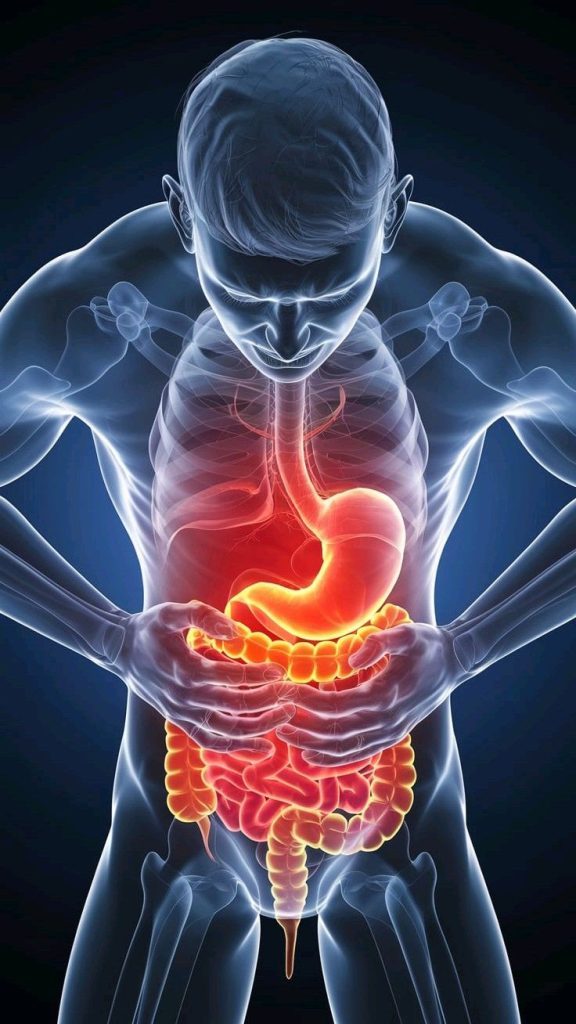
Gut health refers to the balance of trillions of microorganisms (the gut microbiome) in your digestive system, which is vital for digestion, nutrient absorption, immunity, and even mood. A healthy gut includes a diverse community of beneficial bacteria and limited digestive symptoms like gas or bloating. You can support gut health by eating a diverse, plant-rich diet high in fiber, including fermented foods, getting enough sleep, staying hydrated, and managing stress.
Why Gut Health Matters
- Digestion and Absorption:
Your gut breaks down food and absorbs necessary nutrients.
- Immune System:
The gut is a critical part of your immune system, acting as a first line of defense against harmful invaders.
- Mental Health:
There is a link between gut health and mood and emotional state, though more research is ongoing.
- Overall Well-being:
A healthy gut is essential for physical and mental well-being, influencing how you feel day-to-day.
Signs of a Healthy Gut
- Feeling well after eating.
- Minimal gas or bloating.
- Regular, complete bowel movements.
Signs of Poor Gut Health
- Digestive issues such as gas, bloating, constipation, diarrhea, or heartburn.
- Fatigue or persistent tiredness.
- Mood issues like high stress or anxiety.
- Skin problems like rashes.
How to Improve Gut Health
- Eat a Diverse, Plant-Rich Diet:
Consume plenty of fruits, vegetables, whole grains, beans, and nuts to provide fiber and feed beneficial gut bacteria.
- Include Fiber-Rich Foods:
Fiber is crucial because gut bacteria ferment it, producing that short-chain fatty acids nourish gut cells and have other health benefits.
- Eat Fermented Foods:
Foods like yogurt or other fermented products contain beneficial microbes (probiotics) that increase healthy bacteria in the gut.
- Get Enough Sleep:
Aim for at least 7-8 hours of quality sleep per night.
- Stay Hydrated:
Drinking enough water is important for flushing out pollutants and maintaining a healthy gut.
- Manage Stress:
Stress can negatively impact your gut health, so find healthy ways to cope.
- Limit Processed Foods and Sugar:
Cutting back on ultra-processed foods, excessive sugars, and high-fat foods can reduce your digestive workload.
- Be Mindful of Antibiotics:
While necessary for infections, antibiotics can kill beneficial bacteria along with harmful ones, so only take them when truly needed.
